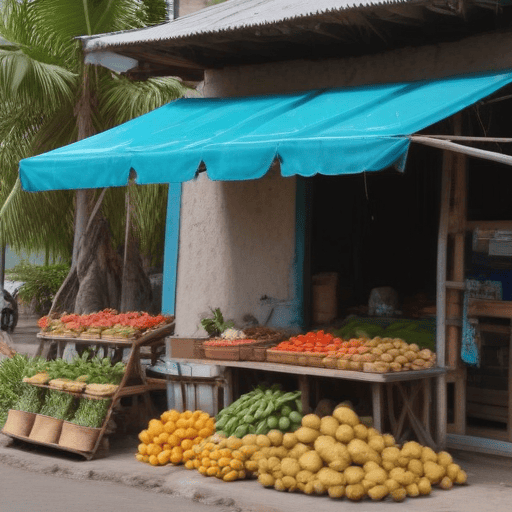Vendors at Lautoka Market continue to struggle, with 38 of them still lacking proper stalls amid ongoing construction of a new facility. This situation is not new, tracing back to longstanding issues with stall distributions that date as far back as 1991. Many vendors were relocated to temporary accommodations at a nearby car park while awaiting the completion of the new market, but the allocation of stalls has favored wealthier vendors, leaving poorer sellers deprived of essential selling space.
Makareta Rika, president of the Lautoka Market Vendors Association, voiced her frustration, stating that the temporary setup comes with inadequate amenities such as water and electricity, critically impeding their ability to run their businesses effectively. Even with municipal workers making recent efforts to improve these conditions, the situation remains dire as many vendors are unsure if they can resume operations with the current provisions.
Vendor Ram Nand, who has been selling at the market for 15 years, has also expressed discontent, revealing that he has yet to receive a stall since the relocation. The lack of basic infrastructure, compounded by the absence of necessary covers for stalls, underscores the challenges vendors face daily. Rika noted the urgency of addressing these issues, warning that, “At the rate things are being done, the vendors cannot start business by tomorrow.”
The ongoing plight of Lautoka vendors resonates with similar challenges faced in other regions, such as the redevelopment efforts at the Suva Western Bus Stand, where considerations for equitable stall allocations were made in light of similar complaints from vendors. Nevertheless, the situation in Lautoka presents a crucial opportunity for stakeholders to reassess their stall allocation strategies, potentially paving the way for systemic changes that may help uplift the entire vendor community.
While the challenges are significant, the attention being drawn to these longstanding issues carries a hopeful message: there is a growing conversation around the need for equitable resources and support for all vendors, which could ultimately lead to an enhanced and thriving marketplace district that benefits everyone involved. Making effective changes now could indeed foster a more inclusive environment that encourages economic growth for all.

Leave a comment